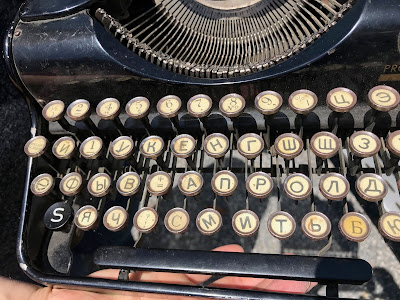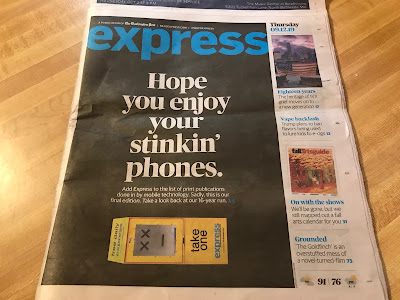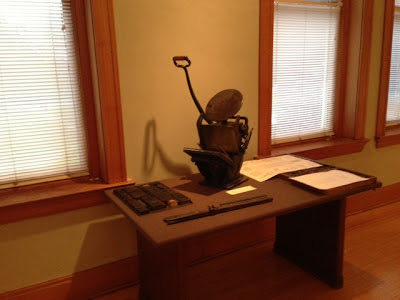Technological Wonders
Like many people using one of the oldest templates that Blogspot has (are there any of us left?!), I often feel that I’m skating on thin ice, technology-wise. Some days, everything works perfectly. I log on quickly, answer emails, write this post, get into my work emails and early to-dos and scarcely a half-hour has passed.
Today was not that day. Today I could barely get online, seeing that dreaded buffering wheel go round and round and round. I needed to turn off my machine and reboot the internet booster, but I was waiting on a code that I needed to log on to a site where I build my company’s e-newsletter.
The code would only be available if I could log onto the Office 365 site and get into an alternative mailbox. So I waited … and waited. Eventually I realized that even if I could get online, the code time would have long since expired.
So I turned off the machine, rebooted the booster and — finally — success!
Yes, it’s a world of technological wonders. Until it isn’t.









